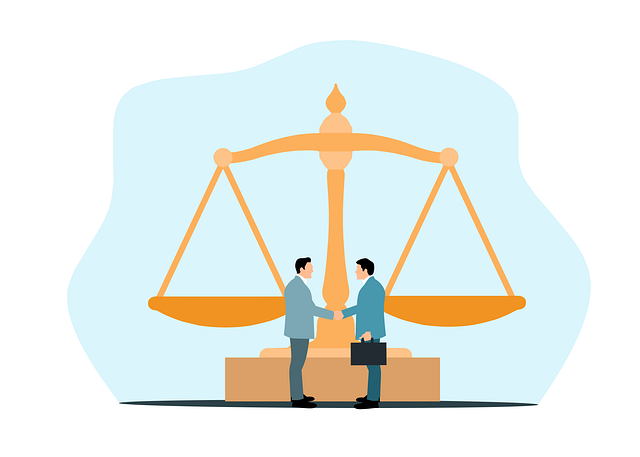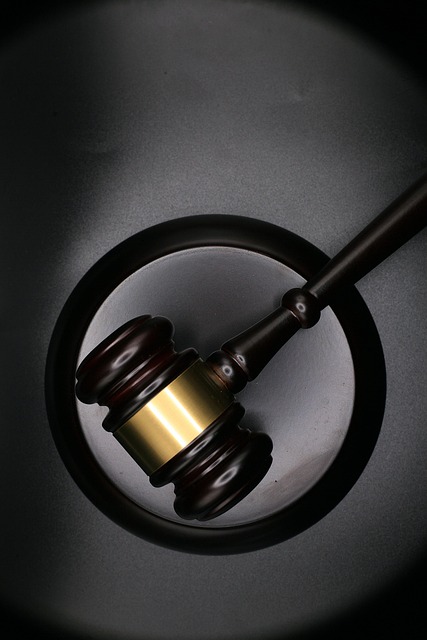False accusations in healthcare can devastate careers and reputations. Building a robust defense against such allegations is crucial for providers, involving strategic planning, meticulous record-keeping, and specialized legal counsel. Key steps include transparent communication with patients, thorough documentation of every interaction, and adherence to ethical standards. After facing an accusation, prompt action is vital; engaging a general criminal defense attorney specializing in healthcare law helps navigate complexities and protect future practice. This proactive approach not only safeguards individuals but also bolsters public trust in the healthcare system.
In the intricate landscape of healthcare, false accusations can emerge from any angle, posing significant risks to providers’ reputations and practices. This article delves into the multifaceted issue of healthcare legal issues, focusing on building a robust defense against false accusations. We explore common scenarios, strategic legal defenses, evidence handling, ethical considerations, patient rights, and post-accusation steps. Understanding these aspects is crucial for navigating the complexities of medical law and ensuring your practice’s longevity.
- Understanding False Accusations in Healthcare: Common Scenarios and Risks
- Legal Defense Strategies: Navigating the Complexities of Medical Law
- Evidence Handling and Documentation: Building a Solid Defense
- Ethical Considerations and Patient Rights: Protecting Your Practice
- Post-Accusation Steps: Mitigating Damage and Ensuring Future Compliance
Understanding False Accusations in Healthcare: Common Scenarios and Risks

False accusations in healthcare can arise from various scenarios, posing significant risks to professionals’ reputations and careers. One common situation involves patients or their families misinterpreting medical decisions, leading to allegations of negligence or misconduct. For instance, a patient might dispute a doctor’s recommendation for a particular treatment, claiming it caused unforeseen complications. Another scenario could be misinformation shared across the country through social media or online platforms, resulting in investigations that threaten a healthcare provider’s license and standing in their community.
Building a defense against these accusations requires strategic planning throughout all stages of the investigative and enforcement process. A thorough review of medical records and patient communication can help demonstrate reasonable care and informed consent. Engaging experienced legal counsel who specialize in healthcare law is crucial for navigating complex regulations and procedures, aiming for a complete dismissal of all charges. By remaining proactive and prepared, healthcare professionals can protect their integrity and continue serving patients without undue interference.
Legal Defense Strategies: Navigating the Complexities of Medical Law

In the complex landscape of healthcare law, one of the most effective strategies for providers and institutions is building a robust legal defense against false accusations. Navigating the intricacies of medical law requires an understanding of regulatory frameworks and case precedents unique to the sector. A comprehensive defense strategy involves meticulous record-keeping, ensuring compliance with industry standards, and employing expert witnesses to corroborate clinical decisions. By documenting every step of patient care, maintaining transparent communication channels, and adhering to best practices, healthcare providers can fortify their defenses against potential legal challenges.
The tactics employed in building a defense against false accusations often draw from the principles of white-collar defense, particularly in cases where fraud or malpractice allegations arise. Across the country, philanthropic and political communities have recognized the importance of supporting robust medical law defenses to ensure equitable access to quality healthcare. This approach not only protects individuals and institutions but also strengthens public trust in the healthcare system as a whole.
Evidence Handling and Documentation: Building a Solid Defense

In healthcare, evidence handling and comprehensive documentation are paramount, especially when facing high-stakes cases or white collar and economic crimes. The accuracy and integrity of medical records can be pivotal in general criminal defense strategies. Every interaction, diagnosis, treatment, and patient outcome must be meticulously recorded to protect healthcare providers from false accusations.
A robust defense against these allegations starts with meticulous documentation. It involves ensuring that all procedures are documented accurately, consent forms are properly filled out, and any communication with patients is recorded. This not only builds a solid alibi but also demonstrates adherence to ethical standards and regulatory requirements, fortifying the defense in court.
Ethical Considerations and Patient Rights: Protecting Your Practice

In the healthcare sector, where trust and transparency are paramount, ethical considerations and patient rights are non-negotiable pillars for any medical practice. As a healthcare provider, it’s crucial to establish robust protocols that safeguard patient welfare while upholding ethical standards. This involves clear communication about treatments, informed consent processes, and ensuring patient data privacy. Building a defense against false accusations begins with meticulous documentation and adherence to legal guidelines, demonstrating a commitment to achieving extraordinary results without compromising ethics.
Protecting your practice from potential legal pitfalls requires a proactive approach. Stay updated on medical regulations and laws related to patient rights. Foster an environment where healthcare professionals prioritize ethical practices, fostering a culture of integrity. Remember, winning challenging defense verdicts against false accusations is not just about legal strategy; it’s about demonstrating the sanctity of your medical practice and the value you bring to patients’ lives.
Post-Accusation Steps: Mitigating Damage and Ensuring Future Compliance

After facing a false accusation, healthcare professionals must swiftly act to mitigate potential damage and ensure future compliance with legal standards. The initial steps involve gathering evidence to build a robust defense against the allegations. This process is crucial as it can determine the outcome of any legal proceedings and the individual’s ability to practice in the future.
Engaging a specialized general criminal defense attorney who has experience handling white-collar and economic crimes cases across the country is essential. They will guide the accused through the legal system, ensuring they understand their rights and obligations. This expert support can help navigate the complexities of healthcare law and mitigate risks associated with false accusations, allowing individuals to focus on patient care and maintaining professional integrity.
In navigating healthcare legal issues, particularly false accusations, it’s clear that a robust strategy centered around evidence handling, ethical considerations, and diligent documentation is key. By understanding common scenarios, implementing effective defense strategies, and taking proactive steps post-accusation, healthcare professionals can build a strong defense against potential threats. Remember, the goal is not just to mitigate damage but also to ensure future compliance and protect patient rights, fostering a culture of trust and ethical practice within the healthcare community.






